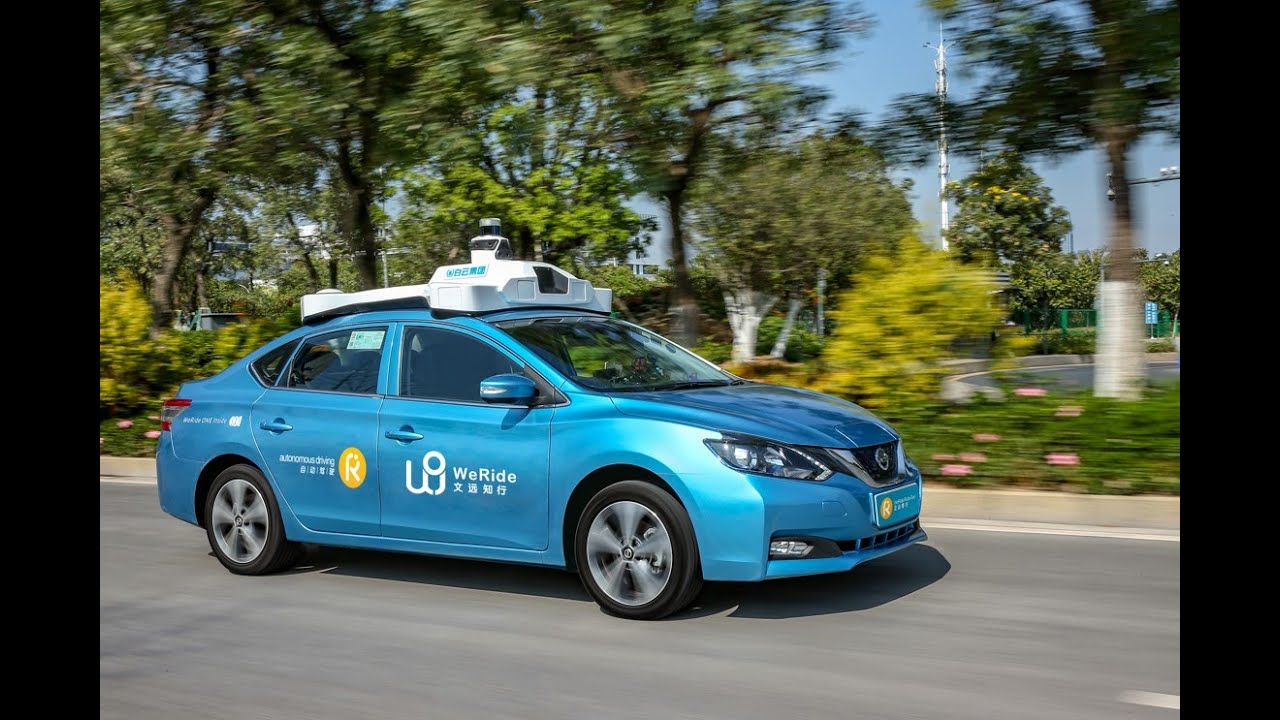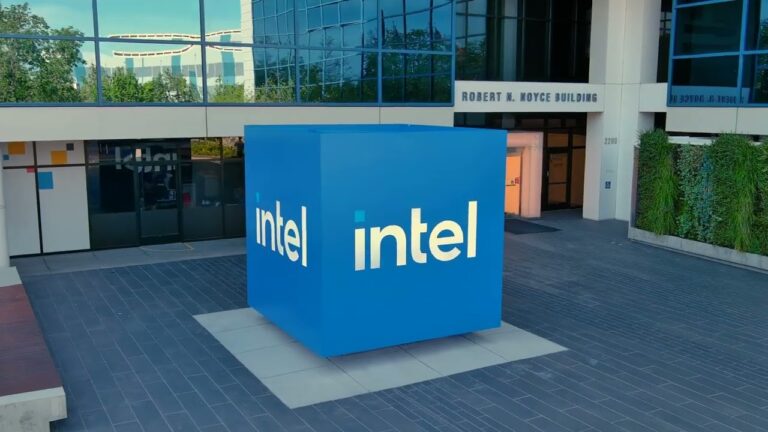One of the leading Chinese autonomous driving start-ups, WeRide, plans to float an IPO in New York this week. It is a move that occurs in the backdrop of tension between the United States and China.
Self-driving car operating software providing WeRide have disclosed the following risks to its potential investors. These include risks of restrictions from the U. S. export controls; this may damp their supply of semiconductors. One of WeRide’s suppliers is tagged a “Chinese military company”, which introduces more risk to its supply chain. To the extent that Chinese autonomous vehicle firms are similarly impacted, WeRide may also see its use of technology limited in the U. S.
Another weakness is that WeRide is heavily under the supervision of the Chinese government. The company said Beijing “may intervene or influence our operations. ”
Indeed, investing in a relatively young start-up company, operating in a pioneering industry is in itself fraught with some risk. However, WeRide is hoping to list on Nasdaq after its shares for the company are to be floated on the stock market.
Chinese Tech IPO Challenges
Based in Guangzhou the company is among the several others from china electric vehicle and automotive tech companies that are in search of U. S capital as Washington try to lock them out of the American market. According to reports, the Biden administration is at the moment preparing for a ban of advanced automated driving software originating from China. This ban would apply to software at Level 3 or above in which vehicles are capable at driving themselves but need occasional help.
“The prospects of being able to do this in the U.S. are considerably less today,” said Josh Lerner, an academic at the Harvard Business School focusing on venture capital. “The fact that some of the Chinese offenders have been under regulatory scans” makes it even tougher.
Other Chinese companies have been caught in similar problems. The United States Congress enacted legislation in April, forcing ByteDance, TikTok’s parent company, to sell the app to American buyers or risk being blocked in the United States. Fast-fashion retailer Shein, based in China moved its planned listing from New York to London due to escalating tensions between the U. S. and China.
As Professor Lerner pointed out, WeRide’s readiness to go forward with the IPO means demonstrating the problem of Chinese companies in raising funds at home. In mainland China, IPOs fell 75 percent in the first half of 2024 because of new rules and economic woes.
IPO Details of Chinese WeRide
WeRide was established in the same year by Tony Xu Han, and is currently carrying out pilot robotaxi services in China and the UAE. The company has raised $1. 4 billion, and the firm’s value is estimated at $5 billion. Particular investors comprises of Alliance Ventures, Robert Bosch GmbH and Nvidia.
WeRide plans to capitalize up to $440m through the public offer and private sale. Although it has revenue of $55 million in 2023, which was down 24 percent from the 2022’s level, the company has remained to invest massively in research and development even if it recorded a net loss of $ 268 million in the year 2023.
Of course, WeRide has outlined potential risks in its S1 filing, and, while it mentions that certain trade restrictions can have an adverse effect, it plays it up lesser. The company says that existing export controls are not applicable to most of the company’s core semiconductor suppliers. Currently, WeRide has a very small operation in the U.S., being focused only on research and testing. More recently, California granted the company WeRide permission to operate autonomous vehicles for transportation of passengers in some defined areas.
Recently, Gene Munster from Deepwater Asset Management pointed out that WeRide still has a set of problems related to the investor risks, specifically geopolitical ones. The company’s decision to go public now might be an effort to get the funding before policies change with the U. S. presidential election.
Other Chinese firms for example Pony. Another pair that has not yet fully sorted out the details of its US listings amid the ever-evolving Sino-American relations is ai and Zeekr Intelligent Technology Holding.




+ There are no comments
Add yours